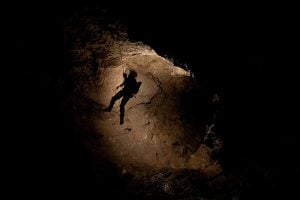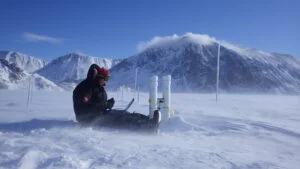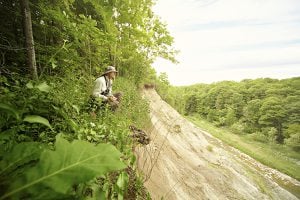The RCMP drove everyone to the nearby detachment and interviewed them for details. “They take our statements and that. And then parents come to pick you up and go home. And that was it,” Duff said. Nobody offered Duff or his friends any bereavement counselling. There were no psychologists on hand to deal with their trauma. It was the 1970s, after all. Duff wasn’t able to save Sharon, and no one was there to save him, either. “I just clammed up, I guess,” he said. “I just kept it to myself.” He kept it to himself for most of the past 50 years, only telling the story a couple of dozen times. Recalling that day in the water still chokes him up.
Duff received the Star of Courage the following summer. Normally, the Governor General presents such medals to recipients, but Queen Elizabeth II was touring Canada that July and presented the medals in person. Duff was the first Canadian ever to be awarded a medal by the Queen herself. Duff’s parents and grandmother were elated at the chance to meet the Queen. “I kind of felt proud that they could get to meet the Queen because of something that I did,” Duff said.
But Duff didn’t share his family’s excitement. The ceremony “shone a light on the whole thing, and that things didn’t turn out the way I wanted to,” Duff said. “If things had turned out differently, I’m sure I’d have felt differently about it.” Despite the recognition the award represented, the medal simply didn’t mean much to Duff.
Until, that is, it was stolen.








